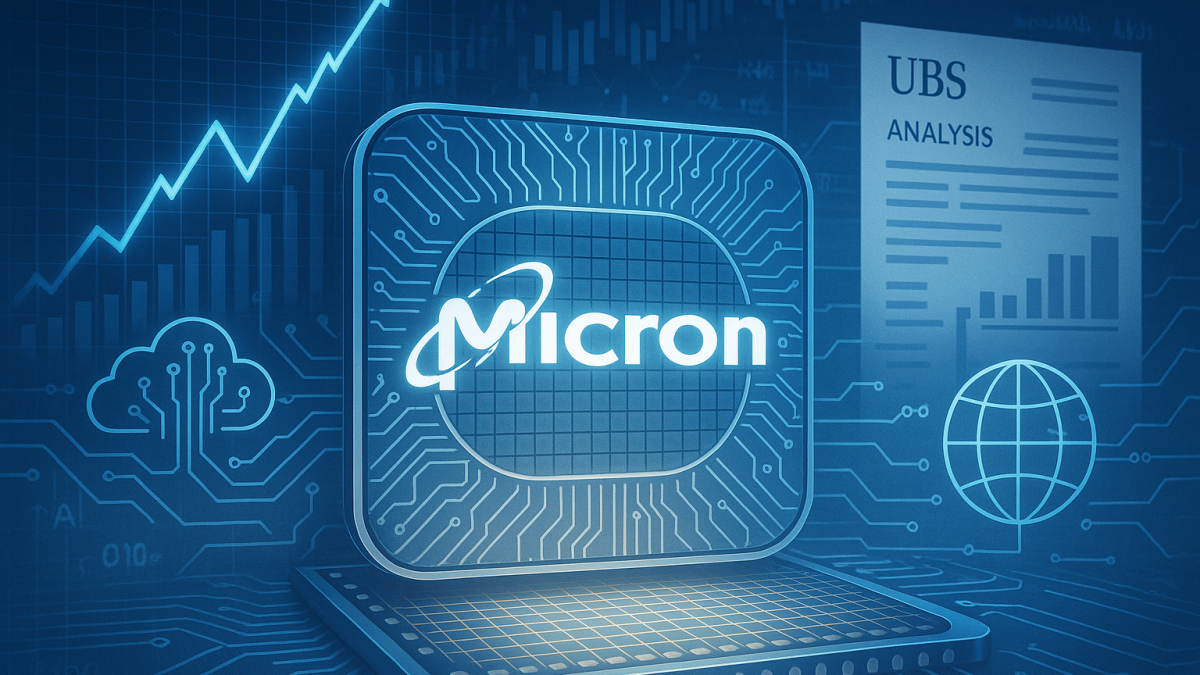
Lockheed Martin Corp (NYSE: LMT) opened comfortably in the green this morning after Howard Lutnick, the US Commerce Secretary, said the government is actively discussing an equity stake in major defense contractors.
Lutnick’s remarks arrive only days after the Trump administration confirmed it has finalised a deal to secure a 10% equity stake in the embattled semiconductor firm – Intel Corp (NASDAQ: INTC).
Lockheed Martin stock has already been in a sharp uptrend over the past four months. At the time of writing, it’s up more than 270% versus its year-to-date low in early April.
US interest in Lockheed Martin stock is unlike its interest in Intel
Trump administration’s interest in Intel was all about throwing a lifeline to the only US foundry, wrestling with competitive and operational headwinds.
Lockheed Martin, on the other hand, remains financially robust.
The defence and aerospace behemoth generates the bulk of its revenue from federal contracts and continues to post strong margins and order backlogs.
In fact, Lutnick dubbed LMT “basically an arm of the US government,” underscoring its strategic importance in an interview with CNBC today.
So, the government’s interest in loading up on Lockheed Martin shares appears less about rescuing a struggling firm and more about deepening control over defence infrastructure.
Federal interest in loading up on Lockheed Martin shares, therefore, has nothing to do with rescuing.
With global tensions rising and defence budgets expanding, the move indicates a broader effort to align corporate strategy with national security goals.
What the government could mean for LMT shares in 2025
If the US government does indeed proceed with taking an equity stake in LMT shares, it would signal long-term confidence in the company’s role within the national defence strategy.
Investors could read such an announcement as a de facto guarantee of sustained federal support, potentially reducing perceived risk and lifting valuation in the second half of 2025.
However, it may also introduce new dynamics, including political oversight and strategic directives, which may not align with shareholder interests.
According to Howard Lutnick, the economics of such an agreement will be left to the Department of Defence – suggesting the potential stake would be carefully structured to balance control with operational autonomy.
Simply put, federal backing could play out both ways for Lockheed Martin stock over the longer term.
The case against the government taking equity stakes in businesses
The administration’s growing appetite for equity stakes in private firms has sparked backlash from free-market advocates.
“If socialism is government owning the means of production, wouldn’t the government owning part of Intel be a step toward socialism?” Sen. Rand Paul argued recently in a social media post.
Economist Scott Lincicome warned political influence could distort corporate decision-making, writing that “Intel’s decisions will increasingly be driven by political rather than commercial considerations.”
Similar concerns could apply to LMT shares, where defence strategy and shareholder value may not always align.
Critics argue that such interventions risk undermining market discipline and setting a precedent for government overreach in the private sector.
The post After Intel, Trump admin is considering a stake in Lockheed Martin stock appeared first on Invezz










